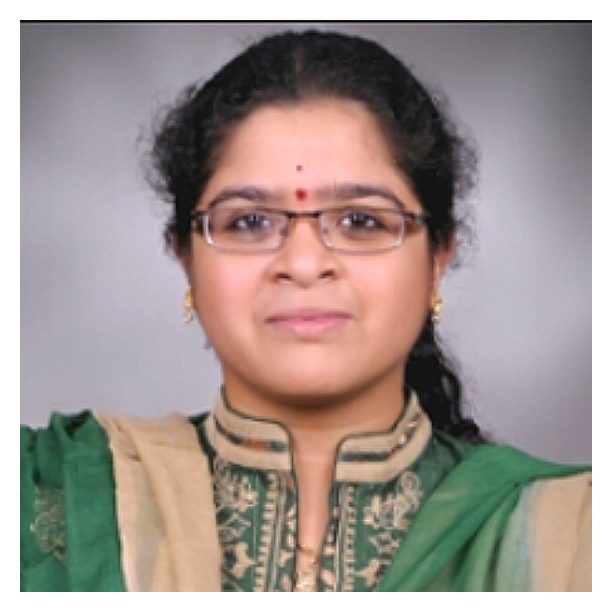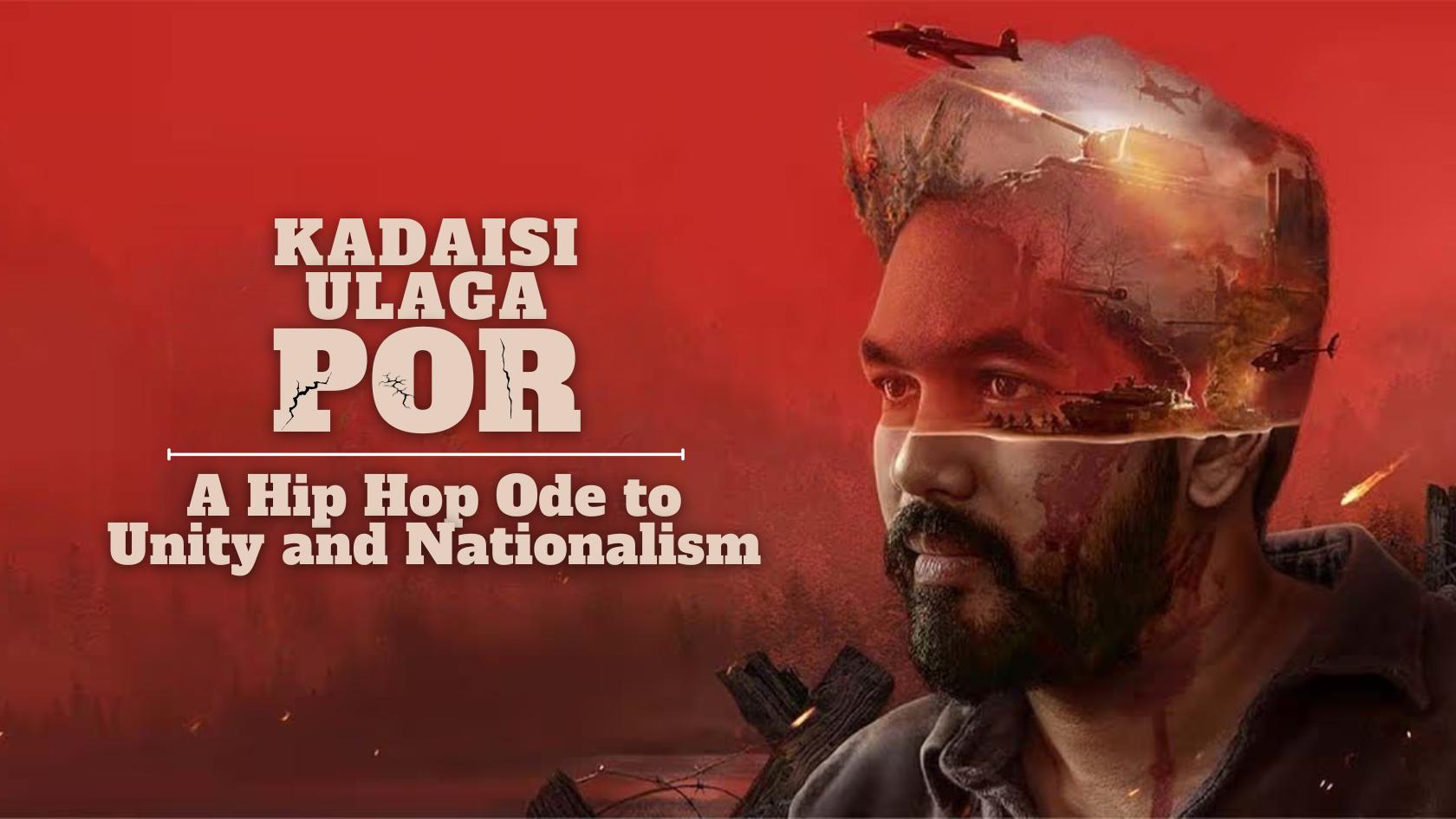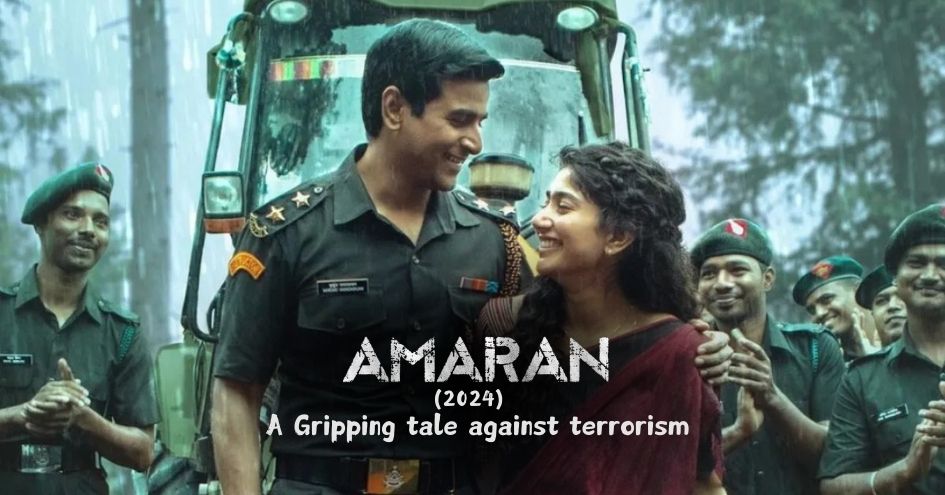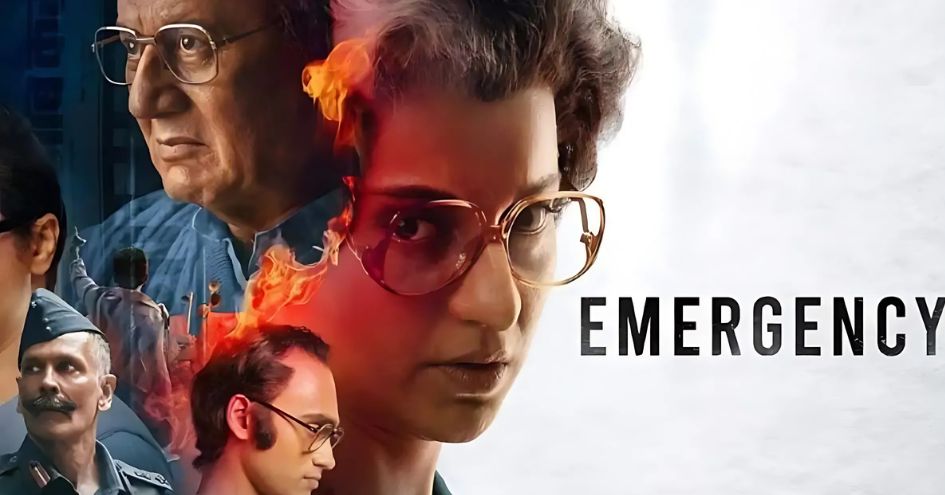Movie Name: Jogwa
Year: 2009
Director: Rajiv Patil
Language: Marathi
A normal and happy day in the lives of a young girl Suli and Tayappa, a young man becomes a turning point in their lives. Fate brings them together when they are forced to serve the local deity Yellamma as jogta and jogtin (those who serve only the God). The reason could be as simple yet baffling as follows: Suli’s mother found knots in her hair while combing it and Tayappa passed blood along with the urine. The staunch followers of Goddess Yellamma force the families to send the two into servitude. Late Director Rajiv Patil sheds light on how the age-old practice similar to the devadasi system (still prevalent in certain villages) impacts the individuals and families socially and emotionally. Set in a small village, Patil subtly addresses a burning social issue through this film.
Tayappa (Upendra Limaye) suddenly finds himself stripped of his masculinity emotionally and physically. He is attired as a woman: wearing a saree with matching accessories and hair tied. Initially, he is unable to accept the change and revolts against it in vain. He is shocked when a fellow elderly jogta Yamnya tells him how he now enjoys the attention of other males. Tayappa also starts becoming an object of male desire and mockery but he fights them off. Keeping his temper and frustration under control, Tayappa joins the group by singing songs in praise of the Goddess while performing in public.
Suli (Mukti Barve), on other hand, has no say in the conversion. She observes how on the onset, being a jogtin means renouncing any romantic and emotional bonding with anyone. Her routine includes mendicancy for food and singing and dancing in praise of the Goddess before the general public. But she soon realizes that under the garb of ritual, they are merely objects of pleasure and exploitation. Being on the brink of womanhood, she falls for a man who comes to village and even gets physical with him only to go through a painful abortion and ‘cleansing’ process. A heartbroken Suli finds solace in Tayappa. Together, they decide to free themselves from the fetters of the tradition.
Director Rajiv Patil has created some fabulous characters in the film. For instance, the character middle-aged Yamnya (Kishore Kadam) is a paradox. As a jogta, he is extremely strict with the young Tayappa. But on a personal front, his gender orientation has been wavering and leans towards feeling like a woman. While bathing in the river, Yamnya is delighted by a few other men checking him out. He openly flirts with them. Suli and Tayappa are rebellious in nature, but the system raises their voices only to go unheard most times. Another issue that the film highlights is how the jogtas and jogtins are not without desires. But those desires only spell their doom as they are merely objects of exploitation. Another important character is a school teacher who keeps creating awareness about ending this heartless practice. He inspires Suli and Tayappa to break-free and create a future together.
Patil has sensitively portrayed the inner and outer struggles of those involved in the practice. The cinematography shines with its simplicity. It aptly captures the mood of the characters in each scene, be it solitude, disappointment, happiness or even an eventuality. The music by Ajay-Atul plays a big role in the success of the film. The song ‘Lallati Bhandaru’ is performed in praise of the Gods and is repeated over and over again representing the mundane existence of the jogtas and jogtins, who have resigned to their fates. The National Award-winning song ‘Jeev Rangla’ (sung by Hariharan and Shreya Ghoshal) sees Suli and Tayappa embracing their real identities as a man and a woman.
The film bagged National awards in 2010 in five categories: Best Film on Other Social Issues, Best Music Direction, Best Playback singer (Male), and Best Playback singer (Female). ‘Jogwa’ remains one of the most poignant films by director Rajiv Patil that touched upon such a tradition with utmost finesse and subtlety.
 Janani Rajeswari is a freelance journalist who feels writing is a way of staying happy and positive. She teaches foreign languages. She also loves music, pets, books, movies, art and craft and learning new languages.
Janani Rajeswari is a freelance journalist who feels writing is a way of staying happy and positive. She teaches foreign languages. She also loves music, pets, books, movies, art and craft and learning new languages.
NEXT ARTICLE

Hiphop Tamizha's "Kadaisi Ulaga Por" (The Last World War), released in 2024, transcends the typical action-packed sci-fi war movie genre. It embeds a...

Creating war films is a challenging endeavor, and capturing the emotional struggles of soldiers and their families adds an even greater layer of com...

Emergency, directed by Kangana Ranaut, is a bold and gripping political drama that delves into one of Independent India’s darkest periods: the Emergen...